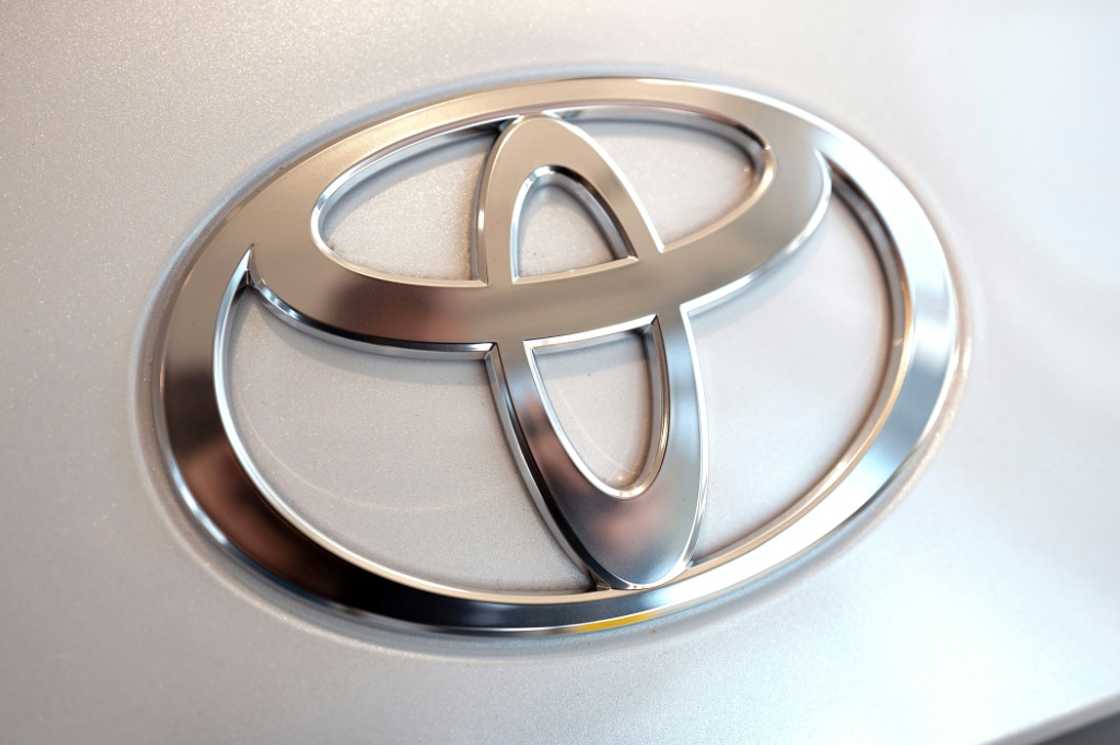Weak yen helps Toyota compensate for Japan problems

Source: AFP
Toyota reported a modest rise in first-quarter net profits on Thursday as a weak yen and cost cuts helped the Japanese auto giant overcome a drop in production and sales in its home market.
The firm said net income rose 1.7 percent to 1.33 trillion yen ($8.9 billion) and operating profit jumped 16.7 percent to 1.31 trillion yen. Revenues climbed 12.2 percent to 11.8 trillion yen.
The world's largest automaker by sales also kept unchanged its full-year forecasts, predicting net profit of 3.57 trillion yen, marking a drop of 27.8 percent, on sales of 46 trillion yen, which would be a gain of 2.0 percent.
"Our operating income was 1.3 trillion yen despite a decrease in production and sales volume in Japan, due to the effects of foreign exchange rates and cost reduction efforts," Toyota said in a statement.
"Despite the inability to maintain stable production in Japan due to factors such as certification issues and recalls, we achieved an increase in profit, thanks to the support of all our stakeholders, including suppliers and dealers," it said.
In June, the government instructed five firms -- Toyota, Honda, Mazda, Suzuki and Yamaha -- to stop delivering certain vehicle models within Japan because of certification issues.
PAY ATTENTION: Сheck out news that is picked exactly for YOU ➡️ find the “Recommended for you” block on the home page and enjoy!
This week Toyota was also slapped with a correction order by the transport ministry over a failure to comply fully with national vehicle inspection standards.
That followed inspections in June by officials at its headquarters in the central Aichi region to probe breaches declared by the company related to domestic shipment certifications.
Toyota last year reported record bumper results, with net profit doubling to 4.94 trillion yen and revenues soaring by a fifth to 45.1 trillion yen, helped by strong sales of hybrid vehicles.
The company pioneered hybrid cars -- combining internal combustion engines and batteries -- with its popular Prius model.
But it has been criticised along with other Japanese automakers for being slow to embrace purely battery-powered vehicles, allowing firms like Tesla and China's BYD to steal a march and gain market share.
However, there are signs consumers are going cold on pure EVs because of high prices and worries about reliability, range and a lack of charging points.
Toyota aims to sell 1.5 million pure EVs annually by 2026 and 3.5 million by 2030. Last year it sold 10.3 million vehicles.
The firm is also hoping to mass-produce solid-state batteries, a potential game-changing technological breakthrough that could mean faster charging times and greater range.
Its rivals Honda and Nissan announced in March that they are exploring a "strategic partnership" in EVs in a bid to catch up with competitors.
The scope for possible cooperation includes EV software and joint procurement of parts, the companies said.
The two firms were due to hold a news conference later Thursday, with reports saying they will announce a basic agreement to form the alliance.
Media reports reported that Mitsubishi was also in talks to join the tie-up.
PAY ATTENTION: Stay Informed and follow us on Google News!
Source: AFP




